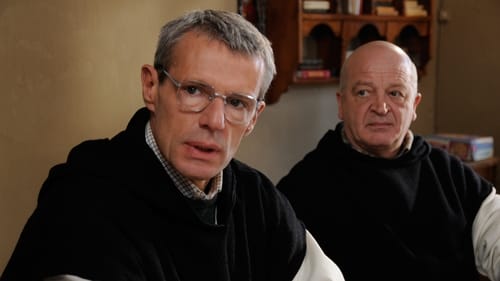
1996년 알제리 산골 수도원. 그 곳에 신과 인간 사이에서 숭고한 신념을 지켜낸 7명의 수도사와 1명의 의사가 있었다. 그들은 의료지원에서 고민상담까지, 가난한 마을 사람들의 몸과 마음의 상처를 치유해 주며 종교를 뛰어넘는 사랑으로 마을 사람들과 평화롭게 지낸다. 하지만 이슬람근본주의자들에 의한 내전사태가 심화되면서 평화롭던 생활은 위기에 빠진다. 신을 영접하는 수도사로 신의 사랑과 믿음을 몸소 실천하려 하지만 그들 역시 인간이기에 생명을 위협하는 폭력이 두렵다. 이제 그들은 신을 따르기 위해 수도원에 남아야 할지 안정된 삶을 쫓아 떠나야 할지, 삶과 신념을 사이에 둔 중대한 선택의 순간을 맞이하게 되는데…
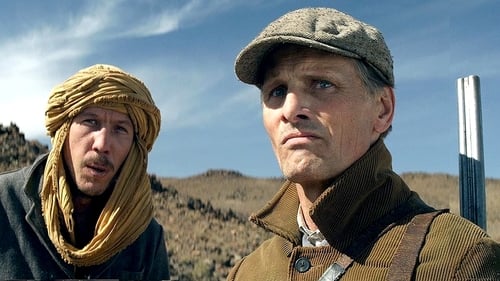
독립 전쟁이 한창이던 1954년 알제리. 목동들에게 불어를 가르치며 살고 있는 전직 군인 ‘다루’에게 어느 날 예기치 못한 명령이 내려진다. 사촌을 죽인 죄로 붙잡힌 ‘모하메드’를 팅기트로 인도해 재판 받게 하라는 것. 그를 데려가 죽이라는 것과 다름없는 명령을 도저히 따를 수 없는 ‘다루’와 자신은 반드시 팅기트에 가야만 한다는 ‘모하메드’. 결국 함께 길을 떠난 두 사람은 팅기트로 향하는 길에 알제리 독립군과 프랑스 정부군 간의 교전에 인질로 잡히고 마는데…
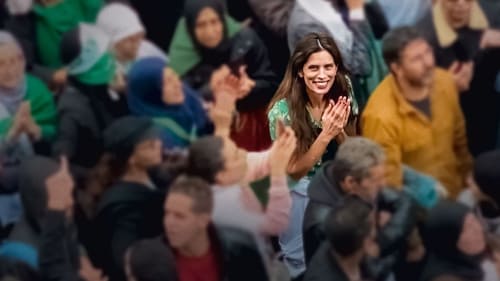
DNA revolves around a woman with close ties to a beloved Algerian grandfather who protected her from a toxic home life as a child. When he dies, it triggers a deep identity crisis as tensions between her extended family members escalate revealing new depths of resentment and bitterness.
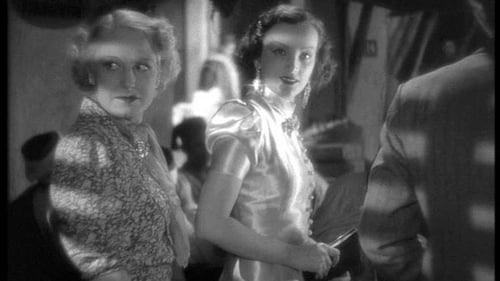
프랑스령인 카스바에서 은둔하고 있는 도둑들의 우두머리인 페페는 그 지역 사람들에게 두터운 신망을 받고 있다. 경찰은 도둑질을 하고 카스바로 숨어드는 그의 일당들을 잡아보려고 하지만 매번 페페를 도와주는 주민들에 의해 실패한다. 그러던 어느 날 밤, 페페는 경찰의 기습을 피해 달아나다가 마침 그곳을 여행 중이던 미모의 여자와 마주치게 되는데...
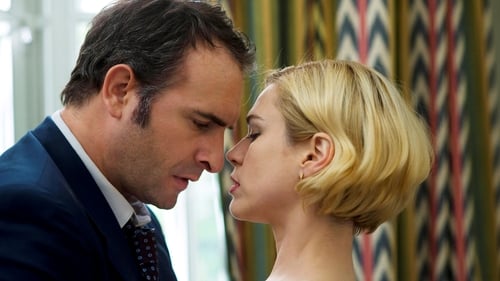
Happily married with a daughter, Marc is a successful real estate agent in Aix-en-Provence. One day, he has an appointment with a woman to view a traditional country house. A few hours later, Marc finally puts a name to her face. It's Cathy, the girl he was in love with growing up in Oran, Algeria, in the last days of the French colonial regime. Marc hurries to her hotel. They spend the night together. Then she's gone again. And Marc's mother tells him Cathy never left Algeria. She was killed with her father in a bombing just before independence...

Newly-arrived Ahmed tries to integrate his family to the canadian society, while attempting to control his son's life orientation.
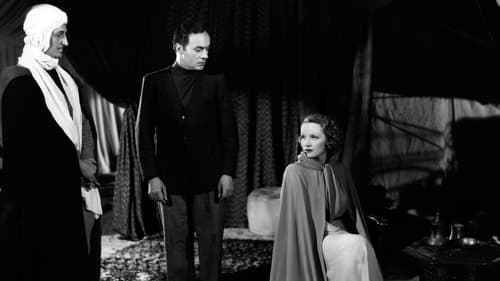
The star-crossed desert romance of a cloistered woman and a renegade monk.
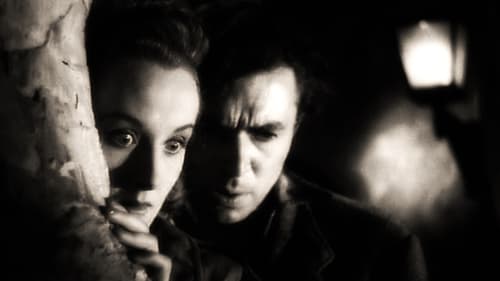
Candlelight in Algeria is a 1944 British war film directed by George King and starring James Mason, Carla Lehmann and Raymond Lovell. This drama follows the exploits of Eisenhower's top aide, Mark Clark, and other important Allies as they journey to an important meeting held on Algeria's coast. The precise location of this vital secret gathering is upon a piece of film which must not fall into enemy hands

A watershed film, Omar Gatlato held a mirror up to Algerian male culture and the mirror cracked. The title refers to the expression "gatlato al-rujula," or, roughly, "machismo killed him" and the film's mordant insights into male posturing and alienation in Algerian society animate this bit of folk wisdom. In mock documentary style, a young man recounts with wry commentary a typical day in his life in the Bab el-Oued quarter of Algiers, while the camera playfully shows a different story. In following Omar and his friends in their pursuit of happiness, the film examines with shrewd humor the gang values of urban youth; their passion for popular culture (soccer, "Hindoo" movies, Rai concerts), their hidden fear of women, and their social insecurity in an environment where they are marginalized.
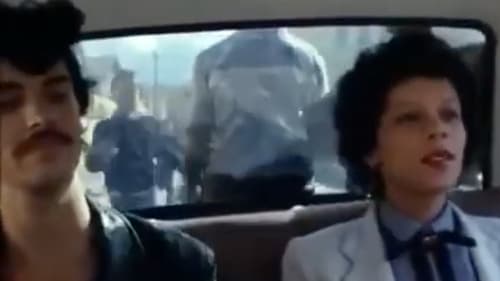
A family or Algerian origin comes back to Algeria after having lived in France for a long time. The children, born in France, have a hard time adapting to Algerian society, and the contrast between traditionalist mentalities and youth wanting to have fun clash, reaching havoc in the village.

During the Algerian war of independence, one of the FLN's leaders was arrested by the army, which uses the most violent methods to make the prisoners talk. The use of torture poses a case of conscience to a French officer. A play between the field against the field, between the tortured and his torturer, behind a stifling closed door.

Nine people with Abdullah Le Clandestin (Illegal Taxi), in one car, on the way to Algiers.
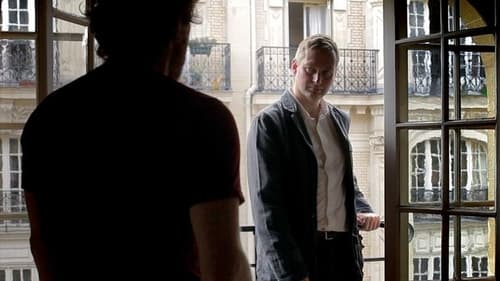
In a single static shot a man is threatened with death at another's gunpoint.
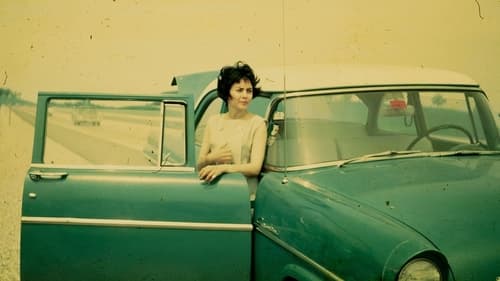
Using his personal background, Brazilian Karim Aïnous invites the audience to follow/discover an incredible journey through space and time, with an original and usually unknown prism/aspect : The strong bound between Algeria and Brazil, two countries with political and revolutionary strikes that mould their evolution.

Mounir Mekbek lives with his family in a small village in the heart of the Algerian countryside. Very proud and sure of himself, he has only one dream- to finally be appreciated by his fellow villagers. Screwing up his carefully maintained image is his headstrong, narcoleptic sister Rym who falls asleep anywhere and whom the village is convinced will end up a spinster. One evening, Mounir returns from town drunk and announces that he's found a suitor for his sister. The fake story snowballs and snowballs until the suitor morphs into a rich, blonde Australian. The village begins preparing for the wedding in earnest - but without a bridegroom in sight.
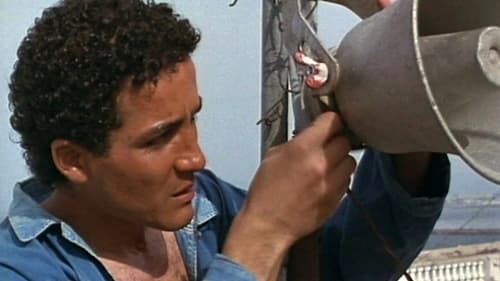
Bab El-Oued, a popular district of Algiers, in 1989, a few months after the riots. Boualem works at night in a bakery and steals the loudspeaker that was installed on his roof and was broadcasting the Imam's word... therefore preventing him from sleeping. This blunder is taken as a pretext by the Islamists to put the district under their control...


On an Algerian beach, kids splash about, sleep, squabble - and then suddenly go to war. And it’s neither Lord of the Flies nor La Guerre des boutons. In her first film, full of grace, Narimane Mari films this childish freefor- all closely, at the irregular pace of an imagination inspired by the highest form of reality, national History — actually, nothing less than the Algerian War of Independence. When their make-believe induces a general upheaval, we follow the flock of children as they stamp their feet up the stairs, invade houses, cross village squares, in a whirlwind of shouts and empty words. Time is stretched like in a dream, through a choreography of belligerent shadows or the night-time explosion of the cemetery, as so many warning signs of dangers to come.
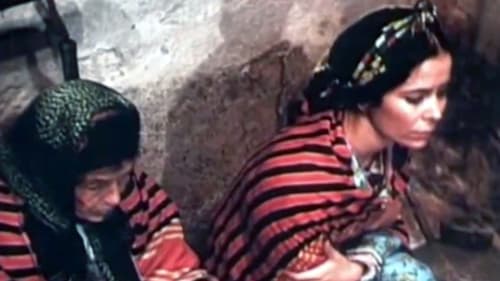
An Algerian doctor decides to leave the troubles in Algiers and goes back to his hometown, a small village lost in the mountains. There, however, the situation is explosive as well, as the guerilla is active and the French military has to keep a close watch on the locals...













